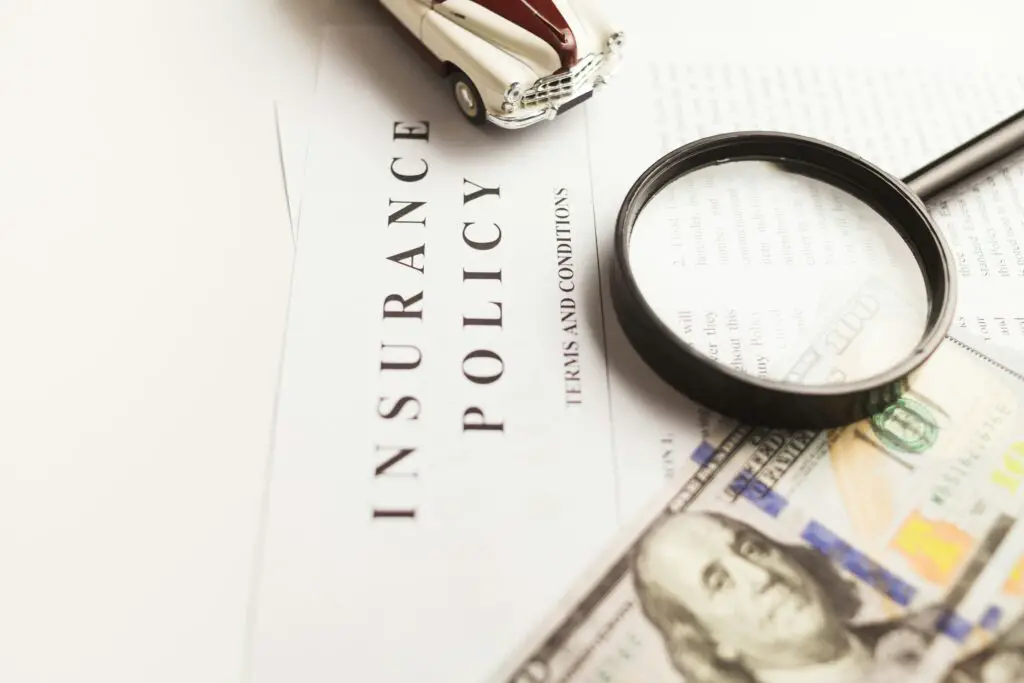Understanding a Car Insurance Lawyer and Their Role
A car insurance lawyer plays a vital role in navigating disputes with insurance companies. Here’s a detailed guide to help you understand their importance, the legal process, and how they protect policyholders’ rights.
What is a Car Insurance Lawyer?
Definition and Primary Responsibilities
A car insurance lawyer specializes in resolving disputes between policyholders and insurance companies, focusing on denied claims, undervalued settlements, and bad faith practices.
Importance in Insurance Claim Disputes
- Ensures fair treatment from insurance providers.
- Provides legal representation during negotiations and litigation.
- Protects against bad faith insurance practices.
When to Hire a Car Insurance Lawyer
Signs You Need Legal Representation
- Claim denial without valid reasoning.
- Inadequate settlement offers.
- Unreasonable delays in claim processing.
Benefits of Hiring a Lawyer
- Expertise in interpreting insurance policies.
- Ability to gather evidence and build a strong case.
- Negotiation skills to maximize settlement amounts.
Types of Car Insurance Coverage
Mandatory Coverage
| Coverage Type | Purpose |
|---|---|
| Bodily Injury Liability | Covers medical expenses for injured parties. |
| Property Damage Liability | Pays for damages to other vehicles/property. |
| Personal Injury Protection | Required in no-fault states for medical expenses and lost wages. |
Optional Coverage
- Collision Coverage: Repairs or replaces your vehicle after an accident.
- Comprehensive Coverage: Covers non-collision damages like theft or natural disasters.
- Uninsured/Underinsured Motorist Coverage: Protects against drivers without sufficient insurance.
- Medical Payments Coverage: Pays for medical expenses regardless of fault.
Common Car Insurance Claim Disputes
Claim Denials
| Reason | How to Address |
|---|---|
| Policy Exclusions | Review your policy’s terms in detail. |
| Late Reporting | Document and provide valid reasons for delays. |
| Insufficient Evidence | Gather additional documentation, like photos and witness statements. |
Undervalued Claims
- Issue: Insurers offer settlements below the actual damage cost.
- Solution: Hire a lawyer to negotiate or present evidence like repair estimates.
Delayed Claims
- Tactics: Insurers may delay claims to pressure you into accepting lower settlements.
- Action: Document all communication and seek legal representation if delays persist.
Bad Faith Insurance Practices
Recognizing Bad Faith
- Denial of valid claims without explanation.
- Misrepresentation of policy terms or coverage limits.
- Deliberate delays in claim investigation or payment.
Types of Bad Faith Actions
- Policy Misrepresentation: Falsifying details to avoid payment.
- Unreasonable Delays: Deliberate stalling tactics.
- Improper Investigation: Failing to thoroughly examine the claim.
Legal Recourse for Bad Faith
- File a bad faith lawsuit to recover damages.
- Potential compensation includes claim amounts, legal fees, and punitive damages.
The Car Insurance Claim Process
Filing a Claim
- Report the accident promptly.
- Provide necessary documentation, including photos, police reports, and medical records.
- Maintain clear communication with your insurer.
Negotiating with Insurance Companies
- Be prepared with evidence to support your claim.
- Understand common adjuster tactics, such as offering low initial settlements.
- Consider legal representation to strengthen your negotiation position.
Appealing a Claim Decision
- Submit an appeal letter outlining your case and supporting evidence.
- Follow specific timelines and requirements for appeals in your state.
- Seek legal advice to improve your chances of success.
Legal Strategies in Car Insurance Disputes
Breach of Contract Claims
- Elements: Prove the insurer violated policy terms.
- Evidence: Policy documents, correspondence, and expert opinions.
Mediation and Arbitration
- Benefits: Cost-effective and faster than court litigation.
- Process: Involves a neutral third party to facilitate resolution.
Litigation
- When to Consider: If negotiations or mediation fail.
- Process: Filing a lawsuit, discovery, and trial phases.
Specialized Car Insurance Claim Scenarios
Accidents with Uninsured/Underinsured Drivers
- Legal Options: Use uninsured motorist coverage or pursue the driver directly.
- Key Step: Document the incident thoroughly for your claim.
Total Loss Claims
- Determination: When repair costs exceed the vehicle’s value.
- Negotiation: Research your car’s fair market value to ensure a fair settlement.
Commercial Vehicle Insurance Claims
- Unique policies and higher coverage limits.
- Often involves multiple parties, such as employers and third-party insurers.
Protecting Your Rights as a Policyholder
Understanding Your Policy
- Read your policy’s terms and conditions carefully.
- Focus on key clauses, such as exclusions and coverage limits.
Documenting Your Claim
- Maintain detailed records of all incident-related documents.
- Keep communication logs with your insurer for reference.
Knowing Your Legal Rights
- Familiarize yourself with state-specific insurance regulations.
- Understand consumer protection laws in case of disputes.
Choosing the Right Car Insurance Lawyer
Qualifications to Look For
- Specialization in insurance disputes.
- Proven track record of handling similar cases successfully.
Questions to Ask Potential Lawyers
- Experience with cases involving bad faith or claim denials.
- Fee structure, including contingency fees or hourly rates.
The Consultation Process
- Prepare documents, such as your insurance policy and claim correspondence.
- Outline your case clearly during the consultation.
Preventing Future Insurance Disputes
Regular Policy Reviews
- Review your policy annually to ensure adequate coverage.
- Update your policy to reflect changes in your circumstances.
Proper Claim Reporting
- Report accidents promptly and accurately.
- Avoid making verbal statements that could be used against you.
Staying Informed
- Keep up-to-date with changes in insurance laws and industry practices.
- Use online resources or consult with legal professionals for ongoing education.
